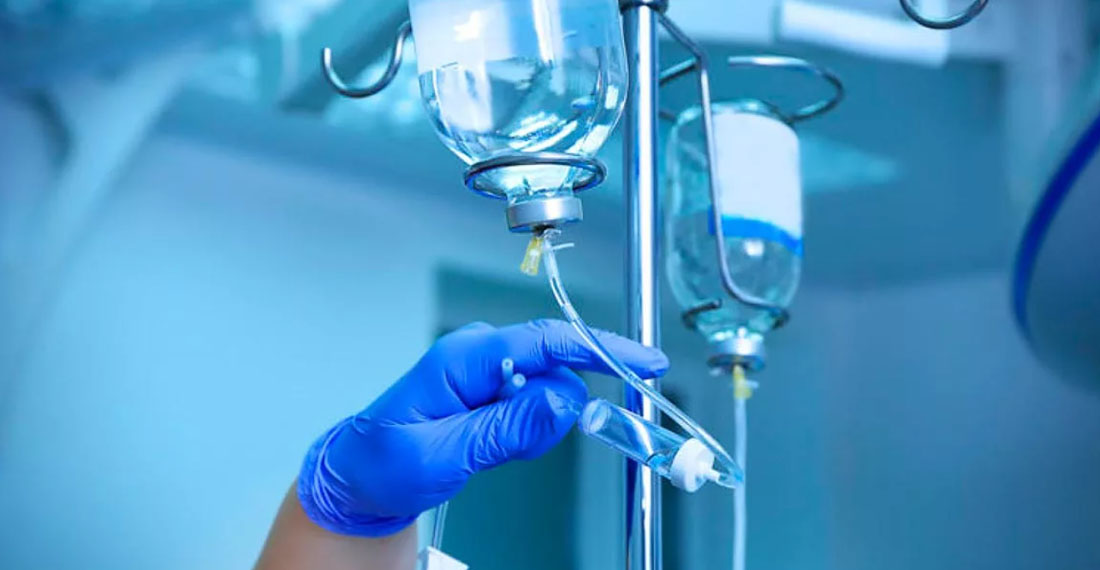
Many people do not realize that drunkenness is one of the most common patterns of alcohol consumption in the world. In fact, more than 50% of all alcohol consumed by people is consumed during a binge. Drunkenness is considered to be the consumption of alcohol in such a way that its concentration in the blood is 0.08% or higher. This is equivalent to the fact that a man drinks an average of five servings of a drink, and a woman drinks four servings in about two hours.
When you think about drinking, young people come to mind, especially students. But the elderly, especially over 65, also drink alcohol. Every sixth adult drinks alcoholic beverages at least four times a month. Men are twice as likely to exhibit this behavior. A person who drinks excessively in his youth is at high risk of continuing to behave like this in adulthood, which leads to the development of a disorder associated with frequent drinking.
Sometimes it happens quickly because of social pressure or because they want to worry less, feel uncomfortable in a social setting. Young people may feel pressure when they are forced to drink during seasonal events such as prom or competitions. But people also drink alone because they want to hide their behavior from their loved ones.
Drinking for a certain period of time can cause rapid irreversible damage to the parts of the brain that are responsible for feelings of pleasure and the ability to control themselves. These changes lead to the inability to give up alcohol, which a person continues to consume in order to temporarily get rid of feelings of sadness, anxiety, fear, anger or guilt.
Drunkenness has short-term and long-term consequences. In the short term, the body suffers: a person may experience nausea, vomiting, hangover and memory loss. He may get injured or risk poisoning, which will lead to death.
The long-term effects of binge drinking include hypertension, heart problems, long-term memory damage, depression, epilepsy, brain or liver damage, and cancer. Drunkenness can also lead to problems such as unemployment, domestic violence, sexually transmitted diseases, unplanned pregnancy and car accidents.
Another serious consequence of binge drinking can be frequent memory outages. When a person drinks a lot, his brain loses the ability to store short-term information. Blackout occurs when a person cannot remember what happened or what he said while drinking. You may experience partial or complete memory loss, and if it happens all the time, it will definitely affect brain function later in life.
If you are not sure if you or your loved one has problems with drunkenness, here are some questions that you can ask to accurately determine the state of prolonged alcoholism:
If most of the answers are "yes", it's time to think about visiting a narcologist.
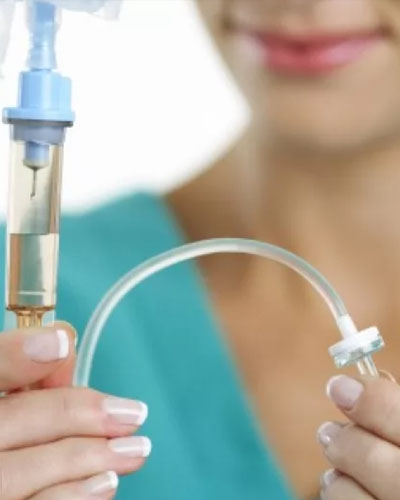
Alcoholism is a family disease. It affects not only the person with the disorder, but also the mental, physical health, finances and overall stability of the whole family or the close environment of the drinker. The home environment is often tense and unpredictable. Family members may deny the drinker's behavior, apologize for it, or try to control it.
If your loved one suffers from an alcohol disorder, it is natural to wonder how to make him understand that help is needed. If you ask yourself this, most likely your loved one has reached the point where he continues to drink, despite the obvious problems caused by alcohol consumption.
Personal, social, and even legal issues that would lead most people to conclude that alcohol consumption should be reduced or completely eliminated usually do not affect people with the disorder. It is important to understand that this is not a weakness, rather, the drinker is psychologically and physiologically dependent on alcohol and needs professional help.
The problem is that many people in a binge deny the existence of a problem. No matter how obvious the problem seems to others, a person with alcohol addiction can confidently deny that alcohol consumption is the cause of his problems, and instead will blame the circumstances or people around him.
When people ask how to help an alcoholic, they usually get an answer: "Unfortunately, there is very little that can be done until a person with an alcohol disorder admits that they have a problem."
Although it is true that the patient himself should actively strive for sobriety and want to change, you do not need to sit back and watch him self-destruct, hoping and praying that a light bulb will light up in his head. There are several things you can do to intervene, show care and support, and protect yourself from the negative consequences of an alcoholic's behavior.
The first stage in providing assistance to family members and relatives of an alcoholic is to understand the motives of his behavior and stop blaming. A person with an alcohol use disorder must take responsibility for their actions alone in order to recover. Alcoholism is a chronic disease that has certain symptoms and is often caused by a genetic predisposition and life circumstances. First of all, the information received helps you to see that your loved one is sick and suffering, and not trying to harm you.
Try to learn more about the role you can play in a person's life, and whether your actions can actually allow him to continue behaving like this, and you don't realize it. By fulfilling this condition, you will get closer to solving the problem.
Unfortunately, no folk method will help you get out of a binge. The problem is worth talking about. This is going to be a difficult conversation. Plan ahead what you're going to say. Wait until the person becomes sober and relatively stable emotionally. Make sure that you also feel calm, as it is important that the interlocutor does not feel attacked. Avoid such accusatory words as "you better get help" and the like.
During this first discussion, it is important to show the patient how much you care about him. Speak sincerely and honestly about what worries you, including that alcohol consumption affects health and family relationships in general. You can mention a specific problem arising from alcohol, for example, financial difficulties or difficulties in a relationship.
Let the family member know that you want to support him. Offer to help find a treatment program, for example, a 12-step program, or a rehabilitation facility, and perhaps take on some chores around the house while the person takes a break to recover.
Expect some resistance. A person can deny the existence of a problem. And if not, he will offer to stop drinking on his own, without outside help. It rarely ever works. However, you can discuss the timeframe in which behavior changes can be expected.

If you don't know where to start to overcome drunkenness, you can start by being honest with yourself. It takes willpower. Write down how much you drink and what, in your opinion, are the short- and long-term consequences of such behavior. Also pay attention to the places and people that encourage you to drink alcohol. Replace it at home with other drinks and avoid situations where you may feel the need to drink. If you still need to drink, be sure to determine the dose of consumption. Drink a glass of water between drinks or arrange with a friend to control you.
Finally, don't be afraid to ask for help and accept it. Your attending physician, aid workers, or counselors at rehabilitation centers can help you start moving in the right direction. At first it will seem difficult to reduce alcohol consumption, but you will sleep better, avoid hangovers, reduce stress and your overall health will improve. In short, you will live a life in which you do not need to abuse alcohol to feel happy and engaged.
Consider how your environment affects you. Perhaps you often meet people who negatively affect you, forcing you to drink alcohol in crisis situations. Or, on the contrary, they invite you to bars and restaurants, treat you to a drink and do not let you forget about drinks. Try to limit such meetings.
Find motivation and visualize it. Unfortunately, despite the huge initial desire, over time the motivation for some action may fall. Make a list of goals that will keep you motivated effectively. Or draw a wish card.
Promise to reward yourself for achievements. If you manage not to drink for a long time or stay sober after the event, use the carrot and stick method: reward for successes and punish for failures. This method will allow you to keep the desire to continue acting in the same spirit, you will have motivation for new achievements.
Rehabilitation programs. There are self-help groups, rehabilitation programs for alcoholics, both inpatient and outpatient, which help participants abstain.
Setting limits. If complete abstinence seems wrong to you, set a limit on the amount of alcohol: drink only a certain amount per day, at specific hours, or do not drink any types of alcohol.
Find an alternative to alcohol, if only it helps to solve problems in life. Many drunkards drink down grief, negative emotions and unhappy moments. Try to replace drinking in a less destructive and radical way that will have a positive effect on health.
Take a detoxification course. After a long binge, a person begins to break down. It is difficult to cope with this without outside help, because there is always a risk of falling off. In cases of severe withdrawal, the body is at risk of delirium tremens, accompanied by convulsions, hallucinations, and in the most difficult case – death. Detoxification programs will help to cope, while trained doctors will control the process of withdrawal, even using medications.
Visit the detoxification program. When a person who is physically dependent on alcohol tries to stop drinking, he may begin to break down. In cases of heavy and frequent alcohol consumption, abstinence can be dangerous and lead to delirium tremens, which manifests itself in convulsions, visual hallucinations, confusion and can lead to death. Detoxification under the supervision of specialists allows you to carefully control the withdrawal (if necessary, with the help of medications).
Consider taking medications. In some cases, doctors may prescribe medication to relieve withdrawal symptoms and relieve cravings. Medications such as acamprosate, naltrexone and disulfiram may be prescribed. Disulfiram, also known under the brand name Antabuse, causes an unpleasant reaction when a patient drinks alcohol, which reduces the attractiveness of drinking and serves as a motivator to stay sober.
After you have taken all these measures, remember that you cannot force your loved one to be treated. He must make this decision himself and determine the system of getting out of the binge. All you can do is offer options, use modern medicine, offer support and finish what you started.
Even if your loved one goes through a course of treatment and recovery begins, there will most likely be a lot of bumps along the way. Without alcohol as a survival mechanism, as a rule, deeper problems come to the surface – they cannot be ignored, but must be solved.
Your loved one will need to continue to adhere to sober behavior, and the changes he goes through will affect you to a greater or lesser extent. And don't forget to take care of yourself – your physical and mental health also matters.

Стаж работы 16 Лет
Дата проверки: 15 Сентября 2025

Отеки после алкоголя: причины и устранение проблемы
Какими бы ни были причины отечности, она является характерным сигналом...
21.01.2021
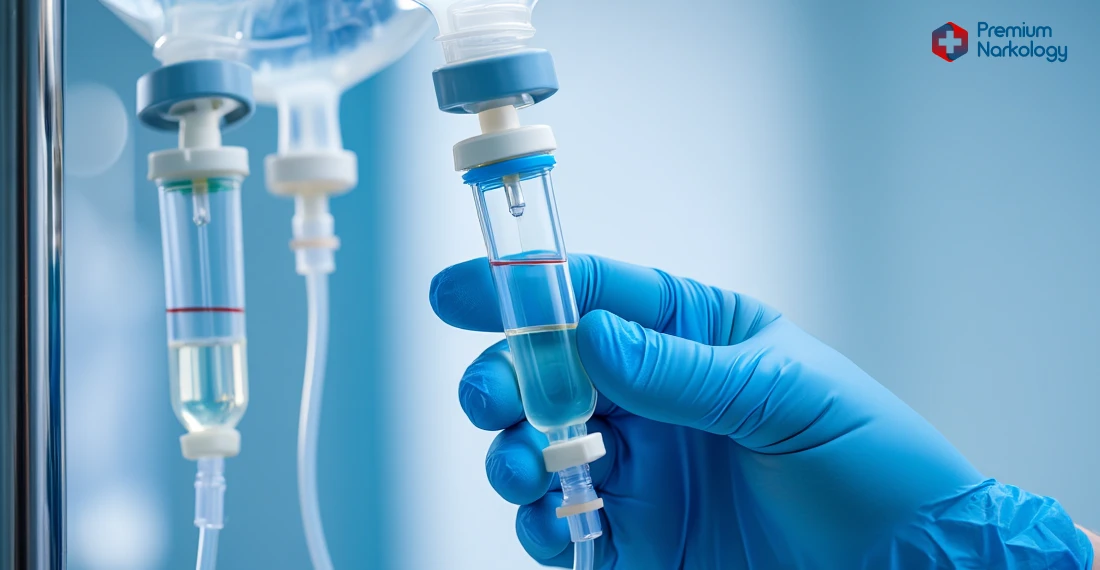

Запой: механизм развития, причины, симптомы, лечение
Запой – продолжительный прием спиртного в течение нескольких дней. По...
24.03.2021
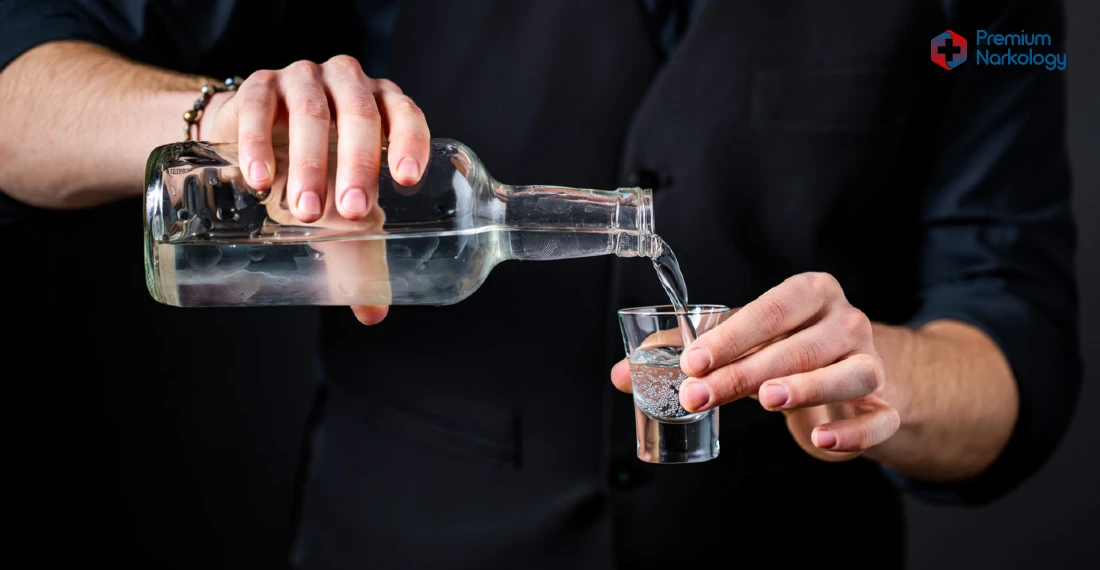
Алкоголизм: причины развития, признаки, лечение
Алкоголизм – заболевание, при котором формируется стойкая психологическая, физиологическая зависимость...
24.03.2021

Какие таблетки от похмелья самые эффективные?
Что помогает при похмелье? Эффективных и доступных способов достаточно, и бороться...
06.05.2021
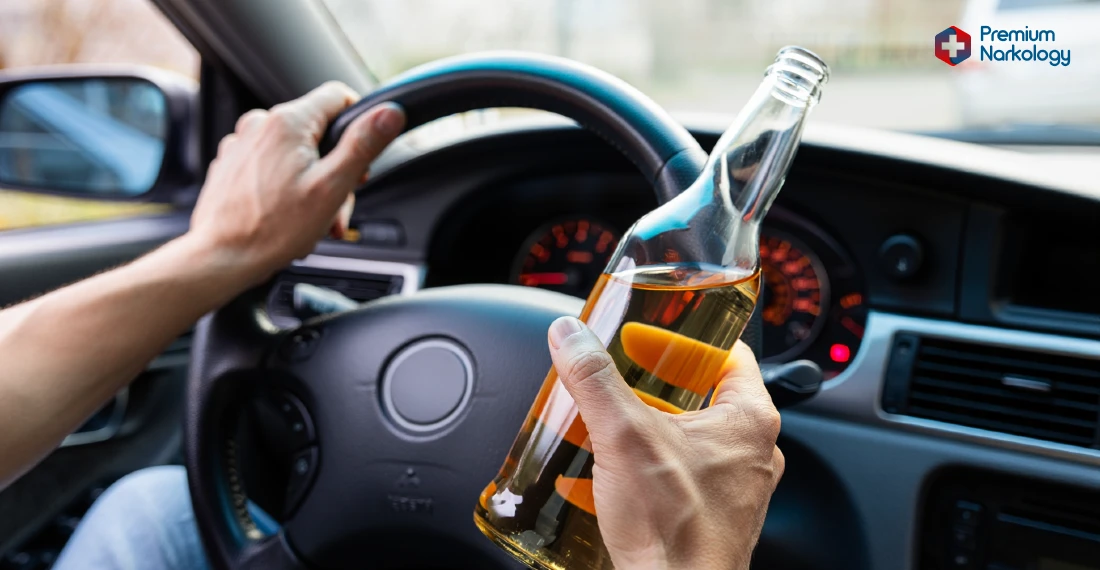
Через сколько времени после алкоголя можно за руль, какие факторы на это влияют
Ежегодно в России происходят сотни дорожных аварий по вине пьяных...
07.06.2021

Проблема алкоголизма в России
Алкоголизм в России стал широко распространенным заболеванием: пьющих людей легко...
15.07.2021
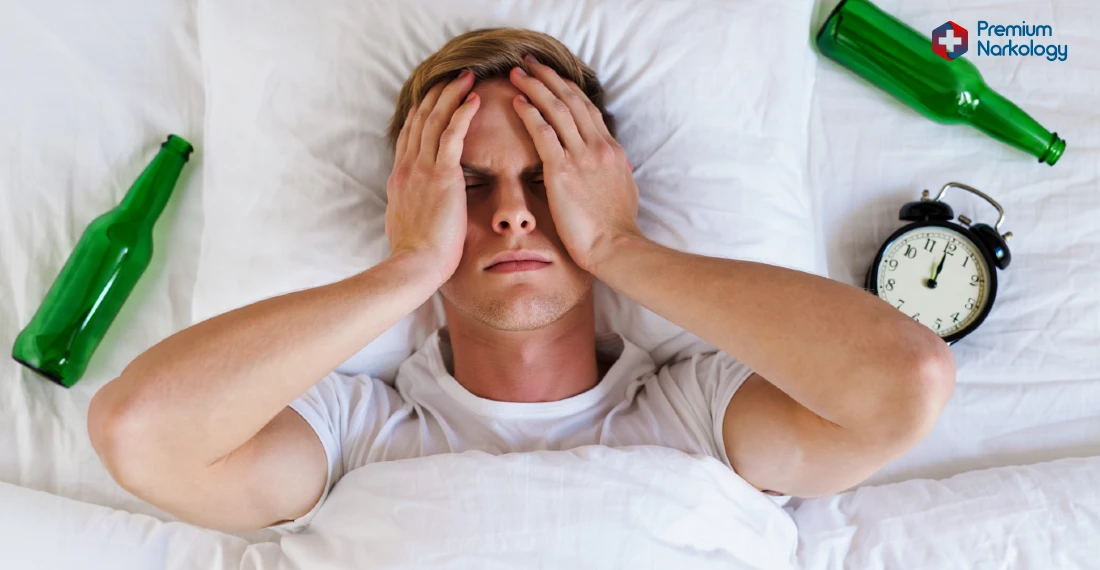
Как уснуть с похмелья: методы эффективной борьбы с этим критическим состоянием
Похмелье - мучительное состояние, одно из ярких проявлений сильной алкогольной...
31.08.2021

